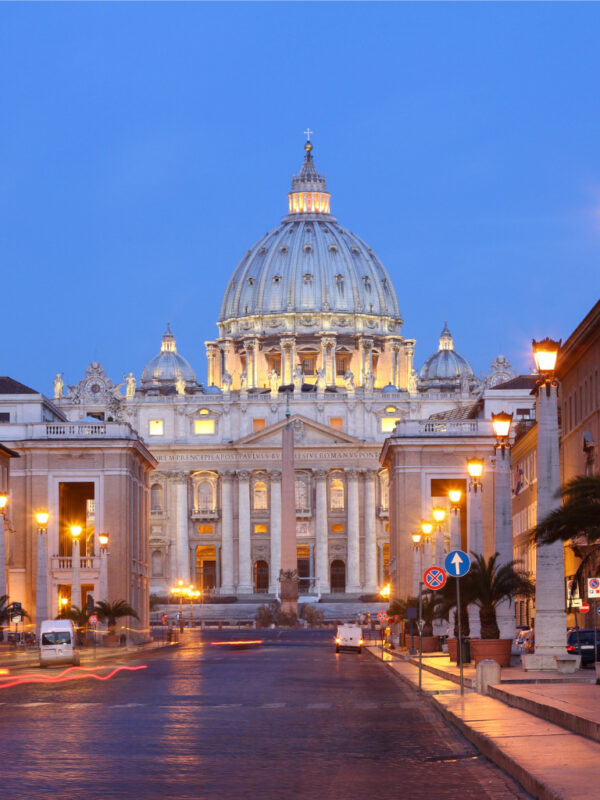 What is the Catholic Church doing to fight human trafficking?
What is the Catholic Church doing to fight human trafficking?
The Catholic teaching maintains that human trafficking is an afront to the God-given dignity of each victim, and Pope Francis has described it as “an open wound on the body of contemporary society, a scourge upon the body of Christ.” In 2019, the Vatican released its Pastoral Orientations on Human Trafficking, which serves to “provide a reading of Human Trafficking and an understanding that motivate and sustain the much-needed long-term struggle” against it. The U.S. Catholic Church has been actively engaged in combating human trafficking, recognizing it as a grave violation of human dignity and a modern-day form of slavery. The Church has undertaken various programs, political advocacy, and partnerships to address this issue at different levels, such as:
Spreading awareness and education: The U.S. Catholic Church has played a crucial role in raising awareness about human trafficking within Catholic communities and the general public. Parishes across the country have been equipped with programs to conduct educational programs, workshops, and seminars to inform people about the signs, causes, and consequences of trafficking. They aim to equip individuals with the knowledge to identify and report potential cases of trafficking.
Direct assistance and support: Many Catholic organizations and religious orders/congregations have established programs to provide direct assistance and support to victims of human trafficking. These programs offer a range of services, including shelter, medical care, counseling, legal aid, vocational training, and support with reintegration into society. Many Catholic Charities agencies have been instrumental in providing these services to survivors.
Collaboration and partnerships: The U.S. Catholic Church actively partners with governmental agencies, law enforcement, and various NGOs to combat human trafficking. It participates in interfaith initiatives, coalitions, and task forces dedicated to eradicating trafficking. These partnerships aim to enhance victim identification, prevention efforts, and the prosecution of traffickers.
Public policy advocacy: The U.S. Conference of Catholic Bishops (USCCB) regularly engages in public policy advocacy to address the systemic issues that contribute to human trafficking. It calls for stronger legislation and policies to protect victims, prosecute traffickers, and address the root causes of trafficking. The USCCB also advocates for comprehensive immigration reform to improve the U.S. immigration system, as vulnerable migrants are often targeted by traffickers.
Encouraging ethical supply chains: Recognizing that human trafficking is often linked to forced labor in global supply chains, the U.S. Catholic Church promotes ethical business practices. It encourages the implementation of fair labor standards and supply chain transparency, urging companies and consumers to prioritize products that are not tainted by exploitation. The USCCB cofounded the Coalition of Organizations and Ministries Promoting the Abolition of Slavery at Sea (COMPASS), which has advocated and educated on the issues of maritime trafficking as modern slavery at sea—a violation of the human dignity of laborers within the seafood supply chain and aquaculture industries.
